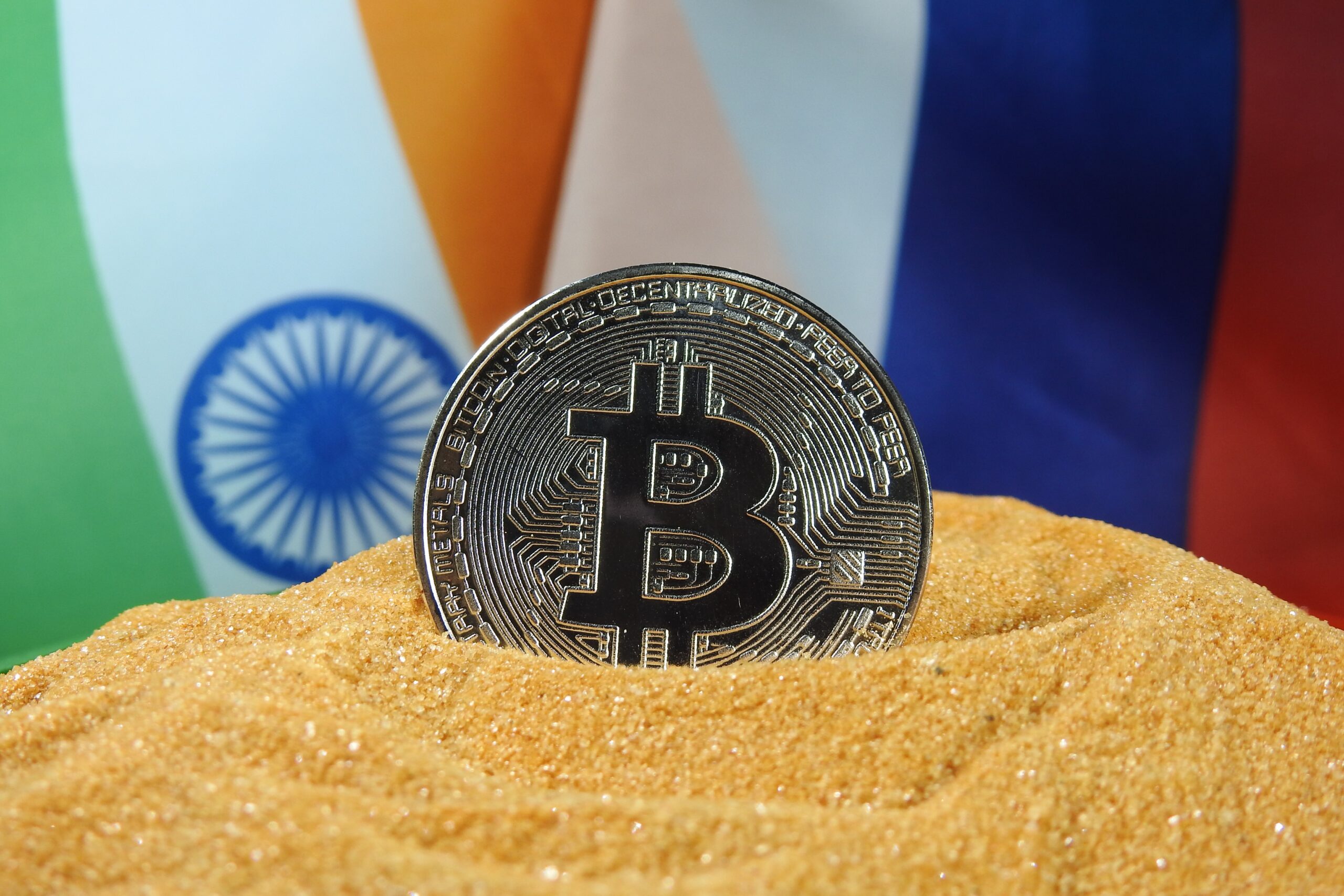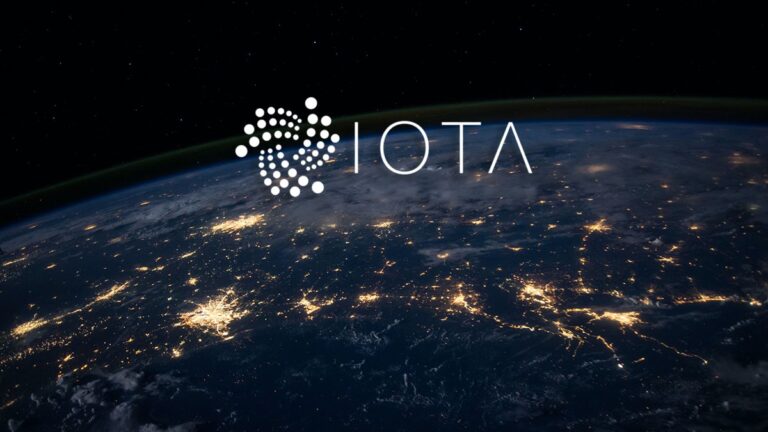India’s Call for Global Crypto Regulations: Advocating Unity Amidst Regulatory Challenges

- Indian Prime Minister Narendra Modi pushes for global collaboration on crypto regulations at G20 summit.
- Despite lacking its own clear regulatory framework, India advocates for comprehensive global crypto framework.
Indian Prime Minister Narendra Modi’s recent call for a unified global framework for crypto regulations has drawn attention to the country’s commitment to fostering collaboration in the ever-evolving cryptocurrency landscape. Despite India’s own regulatory uncertainties and taxation complexities, the nation’s G20 presidency emphasizes the need for coordinated efforts in shaping the future of cryptocurrencies.
As the president of the G20, India has assumed the responsibility of championing a comprehensive international framework for governing cryptocurrencies. During the annual G20 summit, Prime Minister Modi voiced his support for collaborative global regulations in the cryptocurrency realm. He highlighted the need for a unified approach, as emerging technologies like blockchain and cryptocurrencies are inherently global in their impact.
In an interview, Prime Minister Modi drew parallels between the aviation industry’s shared regulatory standards and the emerging world of cryptocurrencies. Just as air traffic control rules are universally applied, Modi underscored the necessity of a similar approach to cryptocurrency regulations. He emphasized that these regulations should transcend the boundaries of individual nations and reflect the global nature of the crypto landscape.
India’s advocacy for global crypto regulations comes amidst its own domestic challenges in the crypto space. While championing the cause of international cooperation, India’s regulatory environment for cryptocurrencies remains intricate and unclear. The country imposed a 30% tax on crypto gains in 2022, leading to concerns within the crypto community and a reduction in trading activity.
India’s presidency of the G20 has brought the conversation around crypto regulations beyond mere financial stability. The country’s leadership has facilitated discussions that delve into the broader macroeconomic implications of crypto assets, particularly for emerging markets and developing economies. India’s alignment with established guidelines from bodies like the Financial Stability Board, the Financial Action Task Force, and the International Monetary Fund further reinforces its commitment to a structured approach to crypto governance.
A Unified Vision for the Future
Prime Minister Modi’s call for global collaboration reflects India’s commitment to fostering unity and collaboration in the crypto space. By advocating for comprehensive international regulations, India seeks to ensure a stable and secure environment for cryptocurrencies to thrive on a global scale, even as it navigates its own challenges within its domestic crypto ecosystem.
















